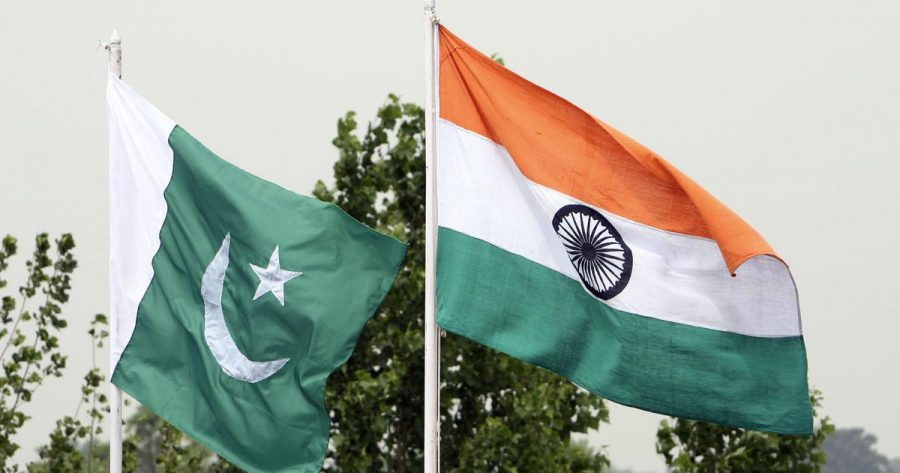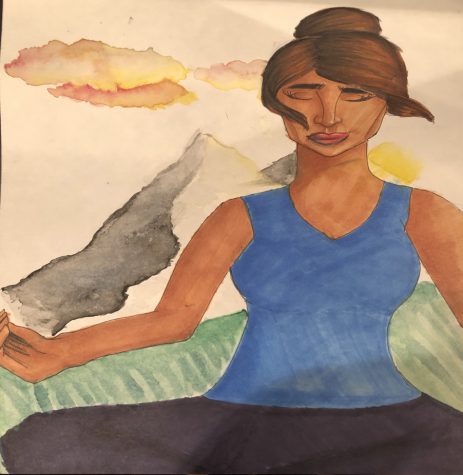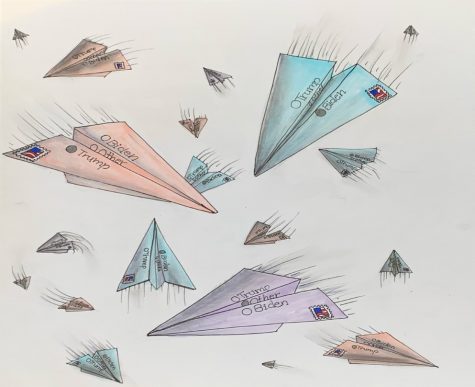World News Column: The 70 Year War at the Top of the World
August 16, 2019
In 1947 India and Pakistan gained independence from the storied but weakened British Raj, leading to the first of many wars and military standoffs over the Kashmir province. The mountainous region located in the northwest of the subcontinent has been highly disputed since independence due to its vast natural resources, political and strategic importance, and for religious and cultural issues. Kashmir’s glaciers provide water and hydroelectric power to hundreds of millions in the region and its geographic location presents India with a critical military advantage over Pakistan. Kashmir’s majority Muslim population makes it an anomaly in Hindu India. Despite armistices and peace treaties, the Indo-Pakistani War dating from 1947 has never formally ended. Skirmishes between the two nations and their proxies are violent and frequent.
Tensions rose sharply earlier this year when a suicide attack killed 40 Indian soldiers in Kashmir leading to Indian retaliatory airstrikes against pro-Pakistani militia forces. In early August, tensions again heightened when Indian Prime Minister Narendra Modi of the conservative Bharatiya Janata Party announced his government would be revoking Kashmir’s special status and its autonomy. P.M. Modi announced this initiative would “free the region of terrorism and separatism.” This alteration of Indian law and the removal of Article 370 from the constitution stripped Kashmiris of rights to buy property and hold certain government positions. Kashmir can no longer fly its flag, and citizens fear what further measures, both symbolic and concrete may be taken. In his address to the nation, P. M. Modi blamed Article 370 for widespread corruption and unlawful practices. The Indian government has deployed thousands of soldiers to the region leading to the arrests of over 500 and the closure of numerous state-run and private establishments, according to National Public Radio. In a further effort to control persistent civil unrest, the government enacted a communications blackout in Kashmir restricting internet, phone, and television service in the region.
“
This recent exacerbation of tension in an already unstable, nuclear-armed region has unforeseeable consequences.
Predictably, the Pakistani government rapidly expressed their discontent with India’s action by cutting bilateral trade, suspending rail links, and banning Bollywood films. This recent exacerbation of tension in an already unstable, nuclear-armed region has unforeseeable consequences.
This dispute has attracted significant attention on the global stage. India’s actions warranted a United Nations statement of “deep concern” amid opprobrium for this alleged shift toward authoritarianism.
Among several Burroughs students interviewed, a number condemned India’s annexation of Kashmir. Emma Petite (20’) noted, “I believe the citizens of Kashmir should have the right to decide which state they would like to be a part of through the process of a free election without interference from either India or Pakistan.” Petite continued, expressing concern regarding India’s departure from democratic values.
This dispute, with its origins dating to the violent post-war birth of India and Pakistan, may well continue to simmer indefinitely. The Pakistani and Indian governments have long used the Kashmir issue to deflect domestic criticism of their failures. It may be that resolving this conflict versus preserving the status quo is not in their short term political interests. Courageous leadership on both sides will be required if this dispute is to ever be resolved.








